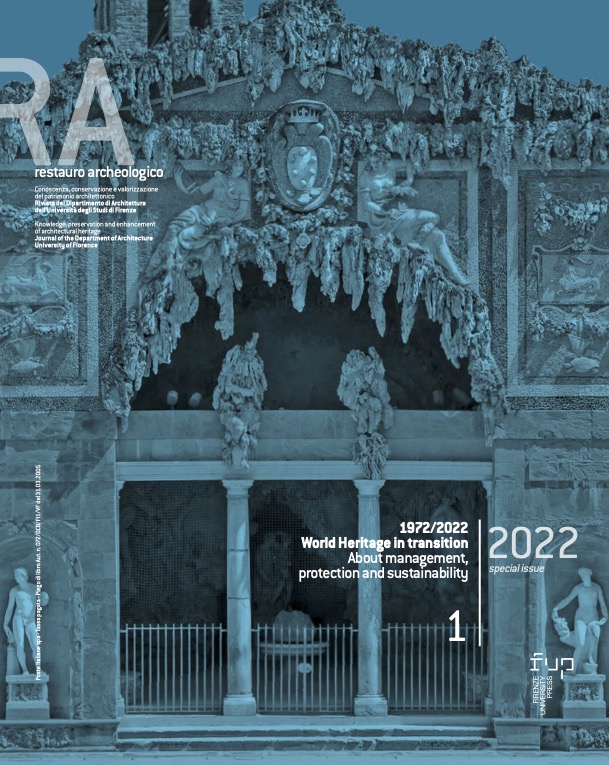Integration and BIM digitization of interdisciplinary research and diagnostic campaigns for knowledge and conservation: Palazzo Vecchio in Florence
Published 2023-02-03
Keywords
- Cultural heritage,
- Palazzo Vecchio,
- HBIM,
- Informative models
How to Cite
Abstract
This work reports the results of a multidisciplinary research project concerning the historical complex of Palazzo Vecchio in Florence. This building of exceptional size is the result of successive evolutions starting from the thirteenth century in an area that has been urbanized since the Roman age. The study, which aimed at assessing the seismic vulnerability of the complex, required the completion of numerous sub-phases for the architectural and structural characterization of the building: the identification of the structural units, the historical research, the architectural and structural geometric survey, the study of the subsoil and the integration of non-destructive or partially destructive diagnostic campaigns. The creation of a three-dimensional parametric model (BIM) has allowed the computerized management of data from the knowledge acquisition process and its use for the analysis of seismic vulnerability, for the facility management of the complex and for the creation of virtual museum itineraries.


